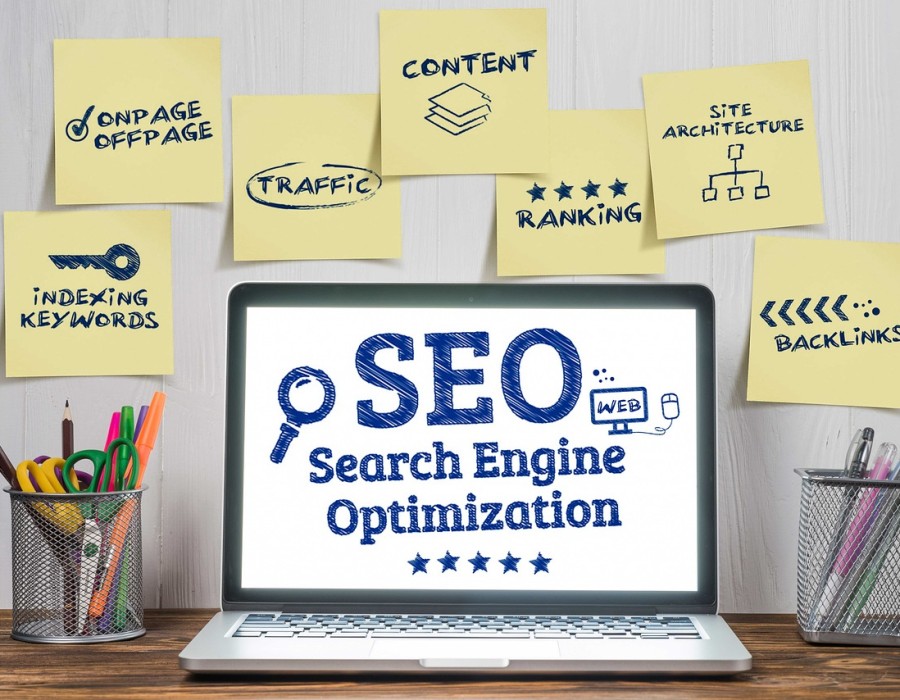In the world of digital marketing, Return on Investment (ROI) is a crucial metric that businesses use to determine the profitability of their marketing efforts. When it comes to SEO, understanding and measuring ROI is essential to assess the effectiveness of your strategies and justify the resources allocated to them. This article explores what ROI in SEO means, how to calculate it, and why it matters for your business.
What is ROI in SEO?
ROI in SEO refers to the return on the money and resources invested in search engine optimization efforts. It measures how much profit you generate from organic search traffic compared to the cost of your SEO activities. A positive ROI indicates that your SEO efforts yield more revenue than they cost, while a negative ROI suggests that your strategies may need reevaluation or adjustment.
Why is ROI Important in SEO?
Understanding ROI in SEO is important for several reasons:
- Justifying SEO Spend: SEO can be a significant investment in time and money. By calculating ROI, you can demonstrate the value of this investment to stakeholders, ensuring continued support and funding.
- Optimizing Strategies: Measuring ROI helps you identify which SEO strategies are working and which are not. This allows you to focus on the most effective tactics and optimize your campaigns for better results.
- Setting Realistic Goals: ROI analysis provides a clear picture of what to expect from your SEO efforts. It helps set realistic goals and growth expectations, allowing for better planning and resource allocation.
How to Calculate ROI in SEO
Calculating ROI in SEO can be more complex than in other marketing channels due to the indirect nature of organic traffic and the time it takes for SEO efforts to show results. However, a basic formula can be used as a starting point:
ROI=Revenue from SEO−SEO CostsSEO Costs×100\text{ROI} = \frac{\text{Revenue from SEO} - \text{SEO Costs}}{\text{SEO Costs}} \times 100ROI=SEO CostsRevenue from SEO−SEO Costs×100
Let’s break this down:
- Revenue from SEO: This is the total revenue generated from organic search traffic. It can be measured using tools like Google Analytics, which can track conversions and attribute them to organic search.
- SEO Costs: These include all expenses related to SEO, such as costs for tools, agency fees, salaries for in-house SEO professionals, content creation, and any other related expenses.
For example, if your SEO efforts cost £5,000 and generate £20,000 in revenue, the ROI would be:
ROI=£20,000−£5,000£5,000×100=300%\text{ROI} = \frac{£20,000 - £5,000}{£5,000} \times 100 = 300\%ROI=£5,000£20,000−£5,000×100=300%
This means that for every £1 spent on SEO, you are earning £3 in return.
Factors to Consider When Measuring SEO ROI
- Time Frame: SEO is a long-term strategy, and results may not be immediate. It's important to consider the time frame when calculating ROI, as early efforts may show lower returns that increase over time.
- Attribution: Properly attributing revenue to SEO can be challenging, especially when multiple marketing channels are involved. Using multi-touch attribution models can help you more accurately measure the impact of SEO.
- Non-Monetary Benefits: While ROI typically focuses on financial returns, SEO can also provide non-monetary benefits like increased brand visibility, customer engagement, and website authority. These factors, while harder to quantify, contribute to the overall success of your SEO strategy.
- Seasonality and Market Conditions: External factors like seasonality, market trends, and competition can impact the effectiveness of your SEO efforts. When evaluating ROI, it's important to consider these variables and adjust your strategy accordingly.
Improving ROI in SEO
To maximize ROI in SEO, businesses should focus on optimizing their strategies and ensuring that all efforts are aligned with their overall business goals. Here are some ways to improve your SEO ROI:
- Target High-Intent Keywords: Focus on keywords that are more likely to lead to conversions rather than just driving traffic. High-intent keywords typically have a higher ROI because they attract users who are closer to making a purchase decision.
- Optimize Conversion Rates: Increasing traffic is only part of the equation. Ensuring that your website is optimized for conversions—whether through improved user experience, clearer calls-to-action, or more persuasive content—can significantly boost ROI.
- Regularly Update Content: Search engines favor fresh, relevant content. Regularly updating your website's content can help maintain and improve your rankings, driving more organic traffic and increasing ROI.
- Leverage Data and Analytics: Use data and analytics to continuously monitor the performance of your SEO campaigns. By identifying what works and what doesn’t, you can make informed decisions that enhance ROI.
- Consider Long-Tail Keywords: While long-tail keywords may drive less traffic, they often have higher conversion rates because they are more specific and attract users with a clear intent. This can improve your overall ROI.
Conclusion
Understanding and measuring ROI in SEO is essential for ensuring that your investment in search engine optimization is paying off. By accurately calculating ROI and considering the various factors that influence it, businesses can optimize their strategies, set realistic goals, and achieve sustainable growth. In a competitive digital landscape, focusing on maximizing SEO ROI is not just about improving search rankings—it's about driving real, measurable business success.






Comments